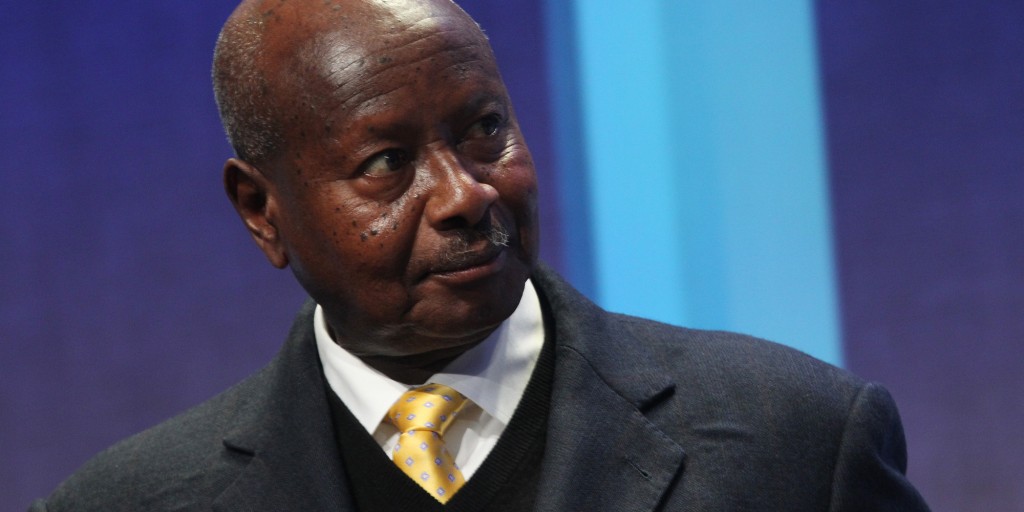Despite criticism and disgust across the globe, Ugandan President Yoweri Museveni is set to approve the notorious ‘anti-gays’ laws. Under the proposed legislation, those convicted of homosexual acts could face life imprisonment. The law would also make it a crime not to report gay people.
It’s believed that the ‘anti-gay’ law is being enacted upon after considering advice of “medical experts” of the country. Museveni last month refused to sign the bill but on Friday indicated that he would approve it shortly, after receiving scientific advice. Government spokesperson Ofwono Opondo said a team of Ugandan scientists asked by the president for a report on homosexuality had told President Museveni that “there is no definitive gene responsible for homosexuality”. The MPs, attending a party conference chaired by Museveni “welcomed the development as a measure to protect Ugandans from social deviants,” Opondo added. He created a furore when he tweeted on Friday that “this comes after 14 medical experts presented a report that homosexuality is not genetic but a social behaviour”.
US President Barack Obama had issued a warning to Uganda’s President that enacting an anti-gay law would complicate relations with the US. Both gay rights campaigners and health professionals have condemned Uganda’s President after he said he would approve the controversial anti-homosexuality laws.
Under existing colonial-era law in Uganda, anyone found guilty of “carnal intercourse against the order of nature” can already face sentences up to life imprisonment. But the new bill represents a dramatic broadening of penalties. It bans the “promotion” of homosexuality, makes it a crime punishable by prison not to report gay people to the authorities and enables life sentences to be imposed for various same-sex acts, including touching in public.
The findings by Museveni’s medical experts were disputed in an open letter by more than 50 of the world’s top public health scientists and researchers. “Homosexuality is not pathology, an abnormality, a mental disorder or an illness: It is a variant of sexual behaviour found in people around the world,” they wrote. “Lesbian, gay, bisexual and transgender people are normal.” They warned that the laws could undermine the fight against HIV by driving these groups away from public health services because of “fear of arrest, intimidation, violence and discrimination”.


